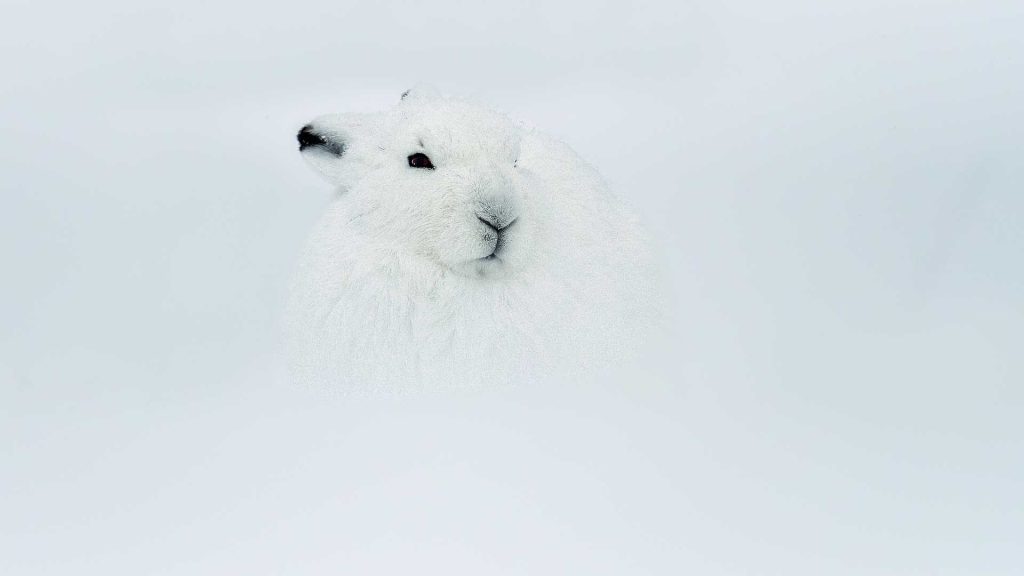
As per our tradition, our Christmas gift for you is a very special Christmas tale – the beautiful words and pictures by wildlife photographer Nico Zaramella. Nico invites us into his icy, crystal-clear world populated by a silent, amazing crowd of white beings…
The end of the year, and the beginning of a new one, are the moments we take stock of what happened and the moment we make conjectures about the future. It seems easy enough to make a balance of a year – after all, it’s a very straightforward sum of a bunch of data. There doesn’t seem to be a lot to argue about data, provided they’re measured and communicated correctly. We may then speculate about their meaning – but facts are facts. I earlier said ‘conjectures’ and not ‘forecasts’ for all the unknown we look forward to, things that have yet to be, unverifiable, independent of whatever form of willpower or human intervention. The data gathered in 2022 doesn’t look too good: pandemics, war, economic and climate crises. In other words, the four horsemen of the Apocalypse, riding in a direction that nobody can see, but could be predicted without resorting to conjecture or conspiracy theory. While certainly, conjecture is all we can say about the future, it is also true that an effective reading of the present and the past can say something about the probability (in a way, predictability) of things yet to come.
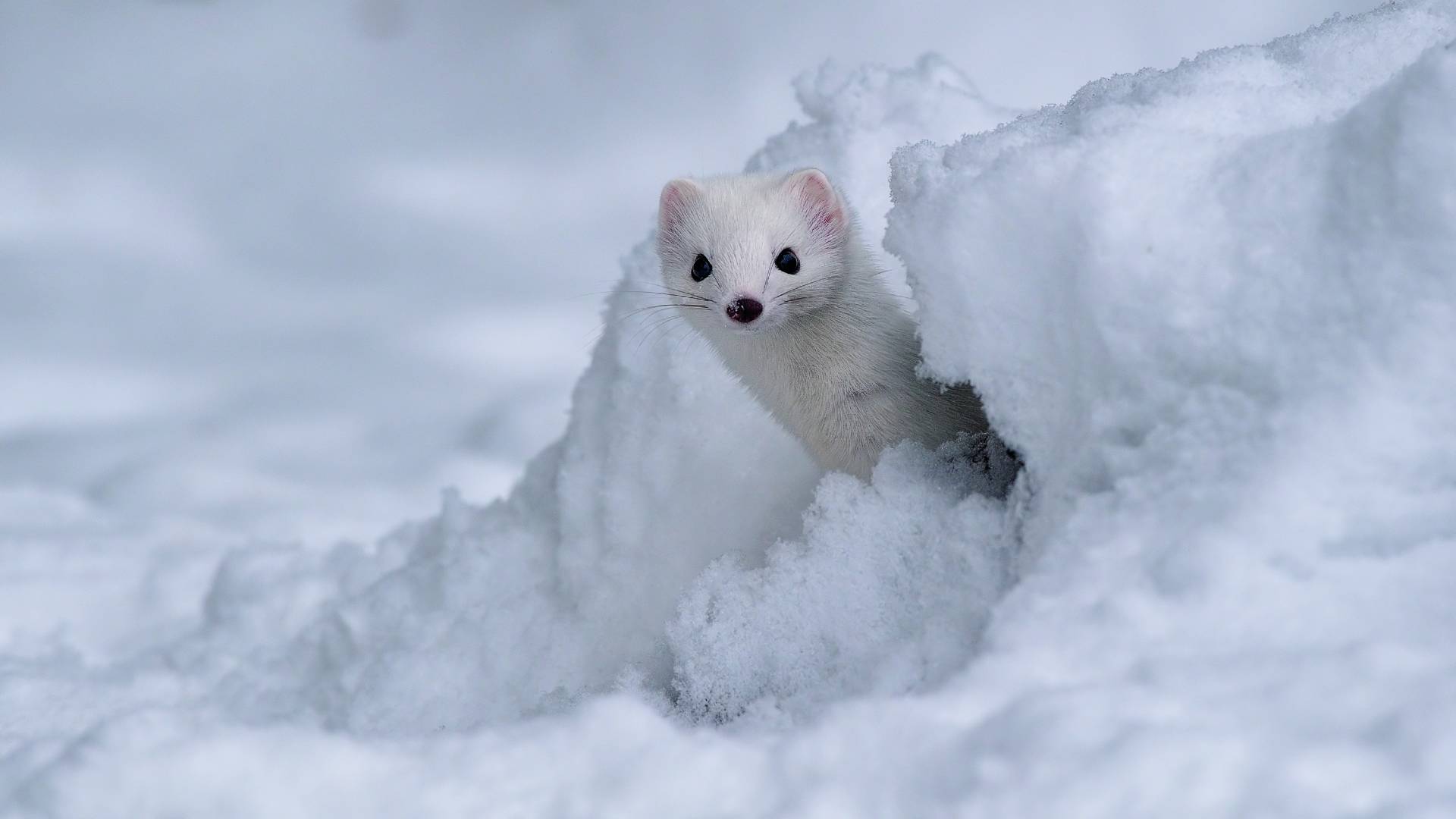
We knew the horsemen by name, in fact, we could intuit their causes and their story. We maybe could not predict the rapid onset and the convergence of their coming, but we knew perfectly well that the overlap of the human ecosystem and different, self-supporting ecosystems would cause a cascade of effects that were going to be hard to control. It was going to be impossible to foresee, if not the inconsiderate human intervention, the boomerang effect of each instance of inconsiderateness. We knew mankind had but a few short days of peace in front of it, an abstract condition we may define negatively as ‘absence of war’ – it seems impossible to give it a positive definition. The last century has been nothing but war: global, tribal, Near East, Middle East, southern Europe, north Africa, central Africa.
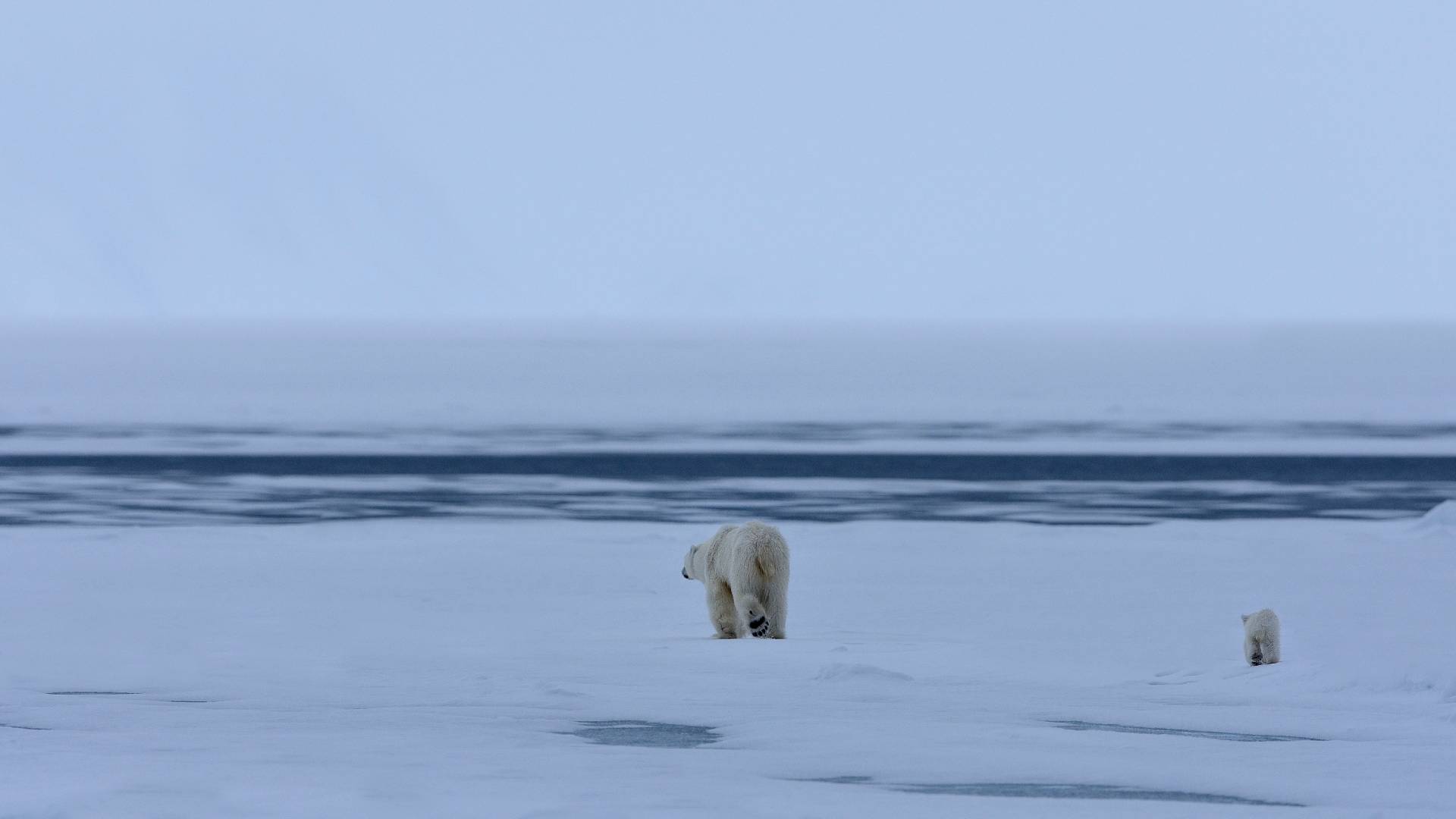
The destructuralization of imperialism, the advent of dictatorship and political monotheism and oligarchy prevented us to predict what some knew would happen after the Donbass crisis. It might have been predictable that the most European and westernized of former Soviet Republics, after the trans-Caucasian crisis, would have been the most coveted asset of Russian neo-imperialism, but maybe it was harder to predict that would have been the cradle of WWIII – ostensibly, carried out vicariously, by means of spheres of influence. It was no secret that the pillaging of energy resources would have had consequences, that pollution would have had consequences, and that energy dependence would have spurred countries to do whatever they could to secure their supply, no matter the consequences on environmental and economic terms. Climate change has been a thing since the late 1800s, and have affected polar ice and nearer glaciers as well as ocean streams and weather. It has been studied for too long to hope for the best now, to hope that it was all a big joke all along. Temperatures rise in direct proportion to foolish, senseless human action, and there’s no need for proof anymore. The theory of controlling climate change, which developing countries show no interest in, brings us closer and closer to the point of no return. Unfortunately, the common denominator of planetary disaster was an is man, the predatory occupation of the planet and the absence of control on population growth.
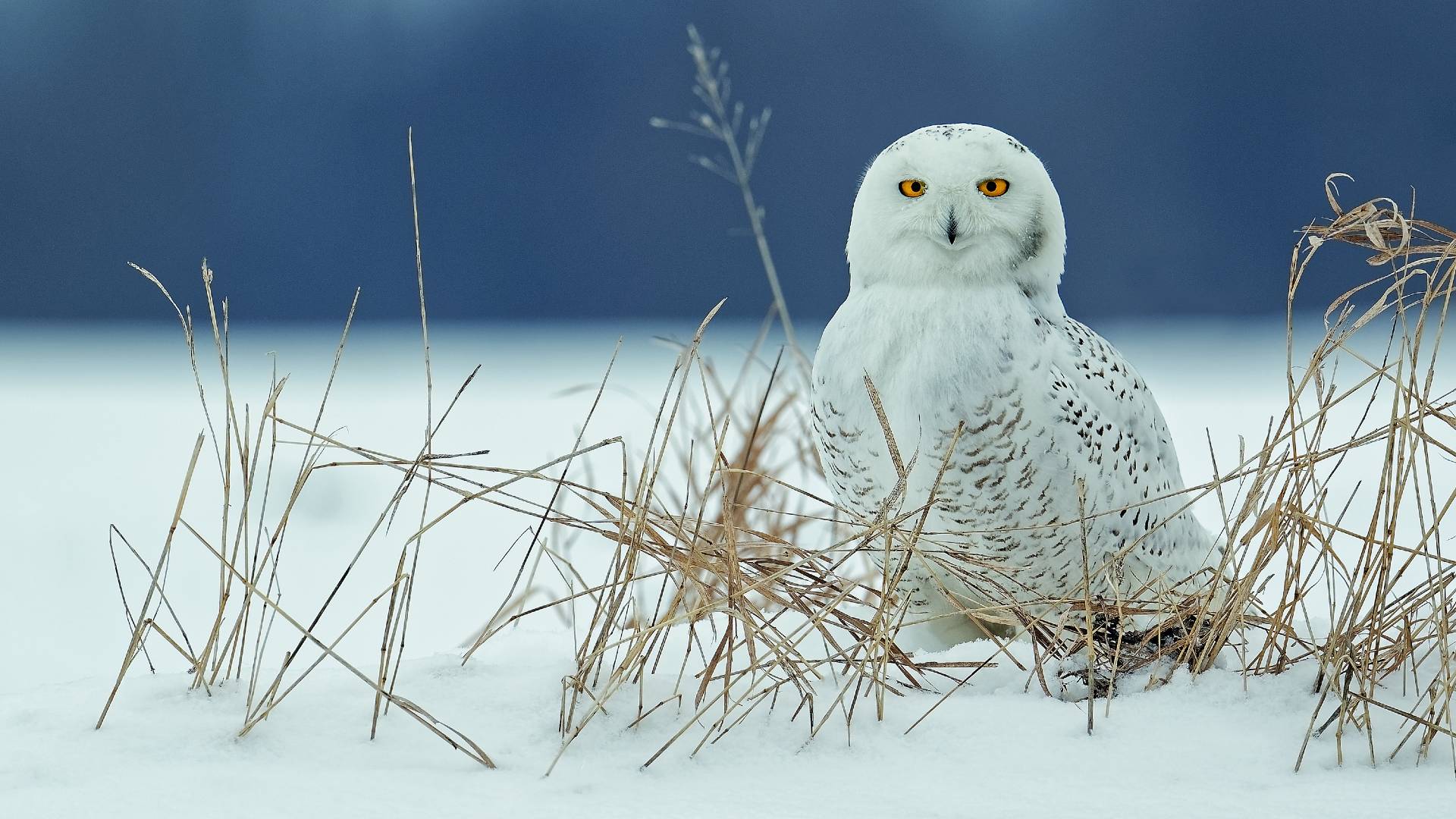
A population of eight billion, growing every day, invaded Earth, exploited every resource for either private interest or overpopulation. It killed, consumed, soiled the world. Inevitably, all we can do is recognize what had been clumsily justified by fideistic attitude and mystification, trying to sweeten the story of the most heinous crime ever committed, which we look at today like Nietzschean clowns. We will be persecuted by the awareness that we burned our own home to the ground as well as that of thousands of other living beings that had the very same dignity and right of existence, but managed to survive by adapting to the planet. Mankind has been conditioned, since its appearance, by a presumption of eternity that justified religions and philosophies that conform to our own lives as much as our dismissive attitude on the suffering of animals. Human fragility and insecurity legitimized the presumption of a non-existence universal primacy that reveals today as our own premature demise, the logical epilogue of self-referential intellectual obesity.
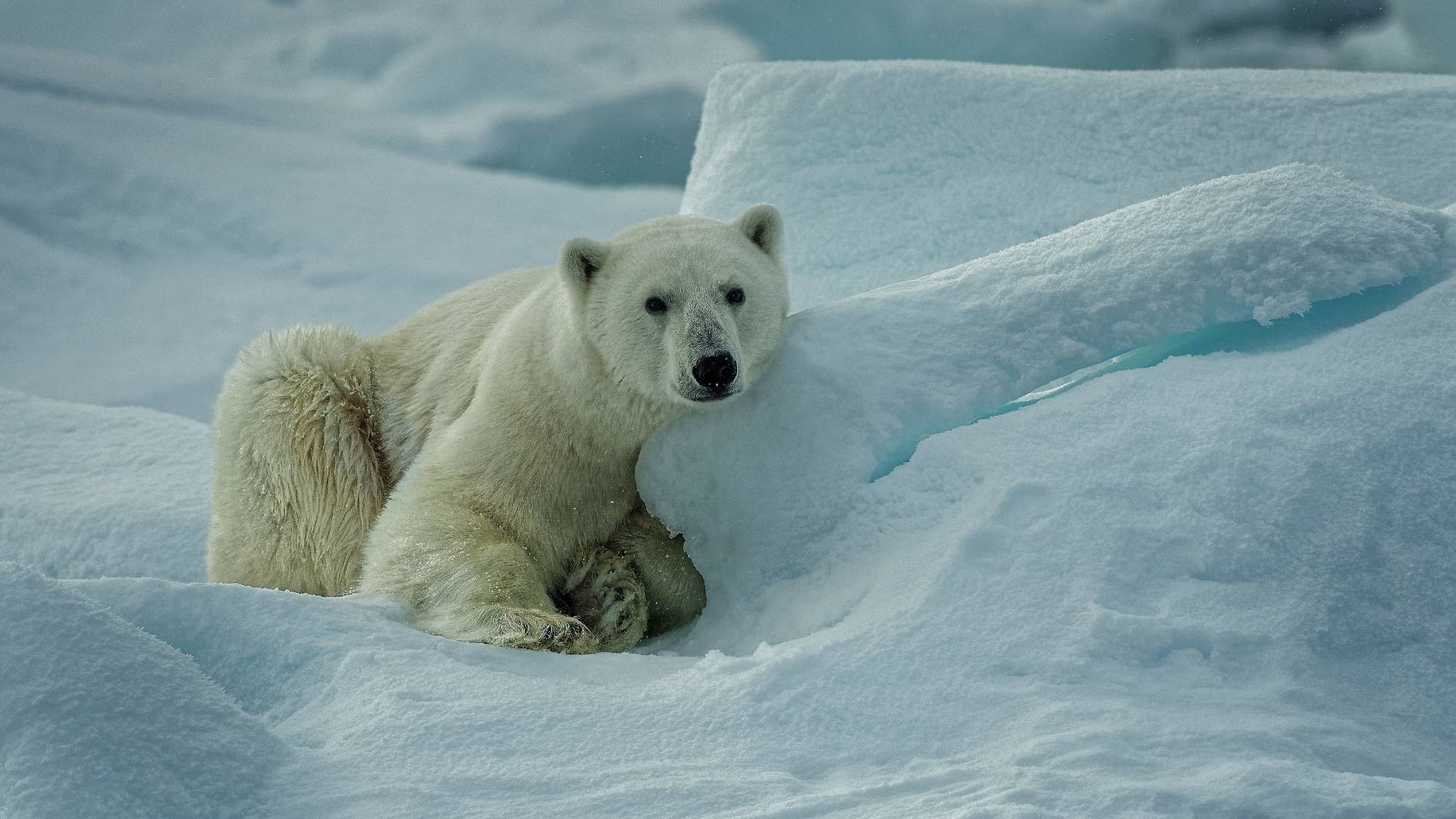
As I travel through almost-uncontaminated places of this universal miracle, those thoughts still harbour in my heart. I am the conscious spectator of an imminent, cosmic tragedy while I am also confident that our end will not be the end of the planet, which had been able to regenerate life countless times. I am happy in knowing that I am a privileged spectator, enjoying a first-row seat looking at the magnificence of nature, never as vulnerable as it is today, as I try to convey to all those interested all that is amazing about it, about the adventure of a lifetime, about the daily discovery of something that surprises me, about the possibility of writing with my own mind and my own words what is denied to the vast majority of people. I am a reporter on the planet’s beauty, of its innocent inhabitants, and the fragment of a historical archive, vanishing though it may be, of something that soon won’t be there anymore. In my ‘here and now’, I am surrounded by beings that are the same as what I am – too close, sometimes to the point of intrusiveness.
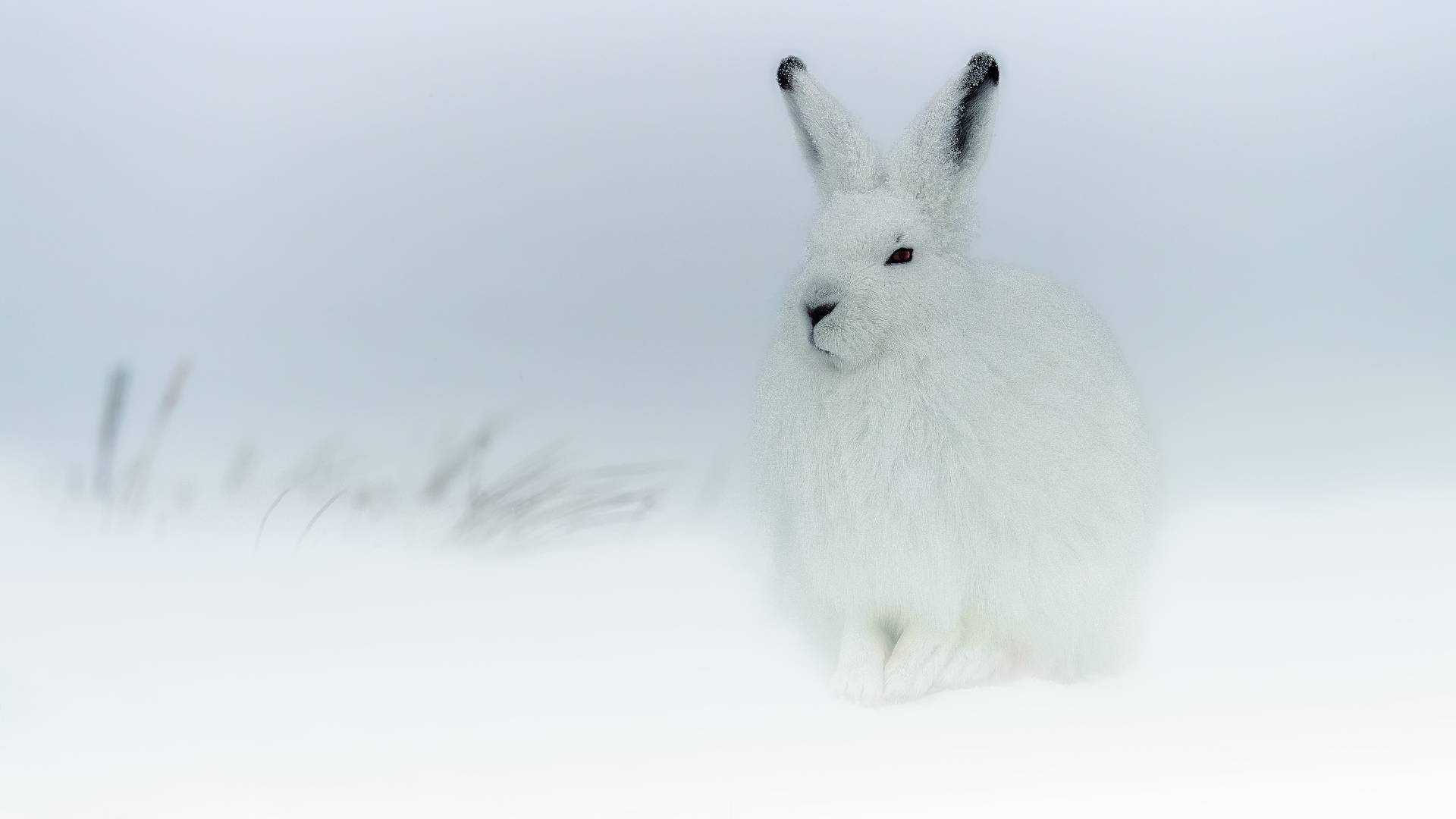
In the ‘elsewhere’, I found out that solitude is an abstraction. There was always something accompanying me, whether seen or unseen, visible or invisible, their furtive eyes hidden between branches and white landscapes. They were in my fantasy and in my perception, too. I have always been an observed, accepted guest. There were more than Frank, Ole, John, Brad, and many others. There were those who were silently beside me in the place that is rightfully theirs, observing me. They are the true and authentic hosts. They watch in silence, whether in cautious and invisible way or obvious, patent. I won’t deny fear accompanied the beginning of my adventure, as well, though three things I learned, to be sure: how to observe, how to listen, how to be resilient. I learned to take a step back every time it was needed, either to not disturb, or to avoid unpleasant encounters.
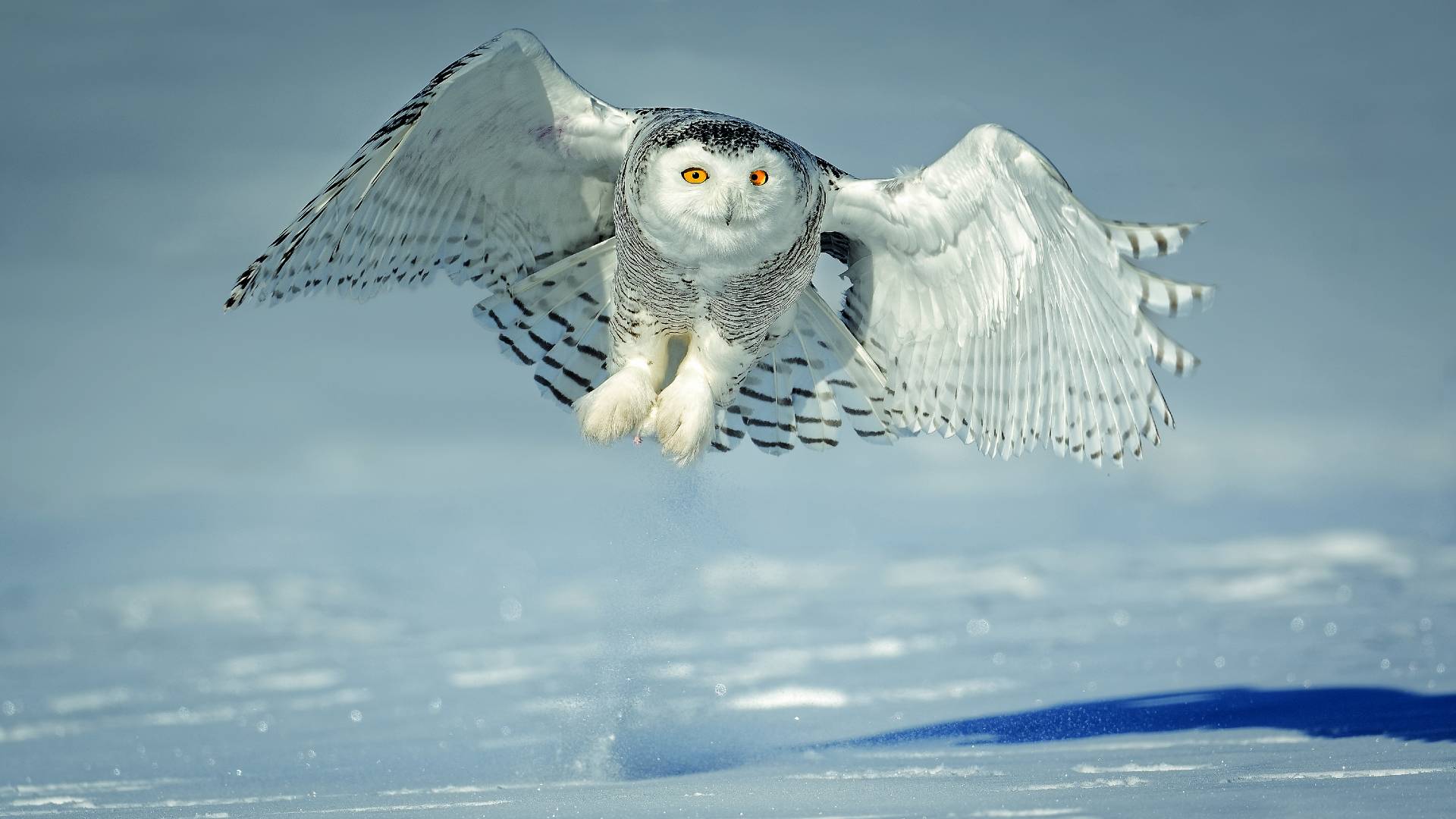
In the ‘elsewhere’, I found out that solitude is an abstraction. There was always something accompanying me, whether seen or unseen, visible or invisible, their furtive eyes hidden between branches and white landscapes. They were in my fantasy and in my perception, too. I have always been an observed, accepted guest. There were more than Frank, Ole, John, Brad, and many others. There were those who were silently beside me in the place that is rightfully theirs, observing me. They are the true and authentic hosts. They watch in silence, whether in cautious and invisible way or obvious, patent. I won’t deny fear accompanied the beginning of my adventure, as well, though three things I learned, to be sure: how to observe, how to listen, how to be resilient. I learned to take a step back every time it was needed, either to not disturb, or to avoid unpleasant encounters. I learned that many a time, I could, in fact, take a step onwards and establish contact, mutual knowledge. But that requires humbleness: I couldn’t think of them as anything else than my peer. A million times I sat under snow, rain, or infernal conditions, just waiting. Other times I lay down, closed my eyes, emptied my mind and thought of nothing but waiting for the tiniest motion in their eyes, ears, or fur. I communicated – of that I’m sure – and I learned a foreign, non-human language: small gestures, sounds, looks. I learned that every little thing takes place for a reason. I, like them, like you, express our feelings in ways that can be more or less aware, tough while this is logical if we think of human beings, the barrier that separates us from non-domestic animals suffers from our presumption: there is no communication that is non-verbal, no conversation takes place without words, there is no intelligence other than human. All it takes is a counter-factual to correct our notions and find new ways wisdom resonates.
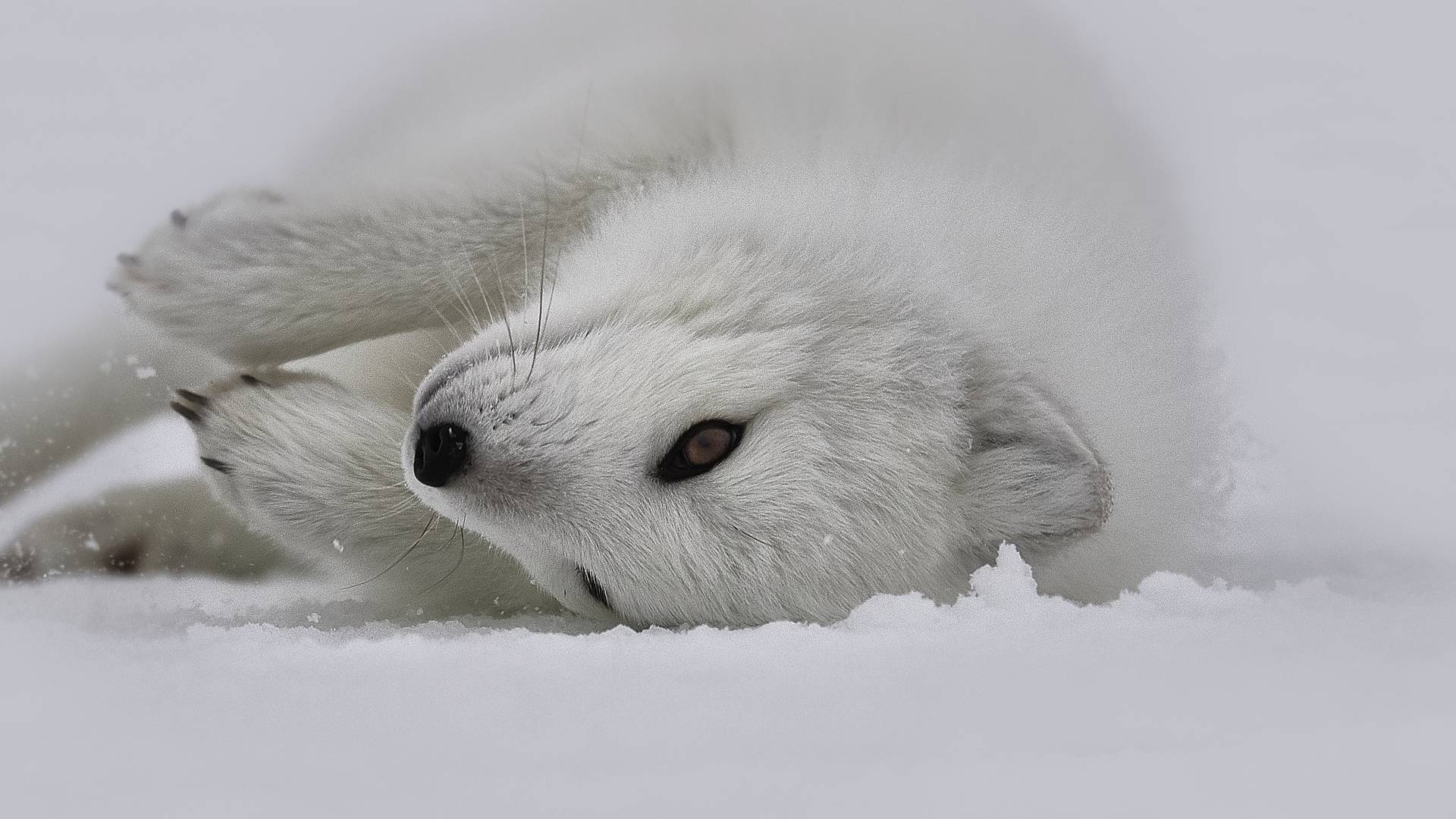
Why think of the great poets and their lyricism as the highest form of philosophy, when we ignore the million different sounds whales use to communicate. A few months ago, in Hudson Bay, I listened for hours a continuous conversation between whales on my hydrophone. I understood so clearly just how easily they played for play’s sake, how happy and self-aware they were, how deep their need for communication and knowledge was, which means how sentient they are – just like us. We would never be able to maintain a scale of intellectual authoritativeness as long as won’t understand that if humans are more intelligent in their humanity, wolves also are in their being wolves, and bears in being bears. Native Americans say that if a pine needle drops in the forest, the eagle sees it first, the wolf hears it first, and the bear smells it first. Native Americans, in their innate empathy for the environments, had longtime appreciated the respect for difference: every sentient being excels in their inimitable specificity.
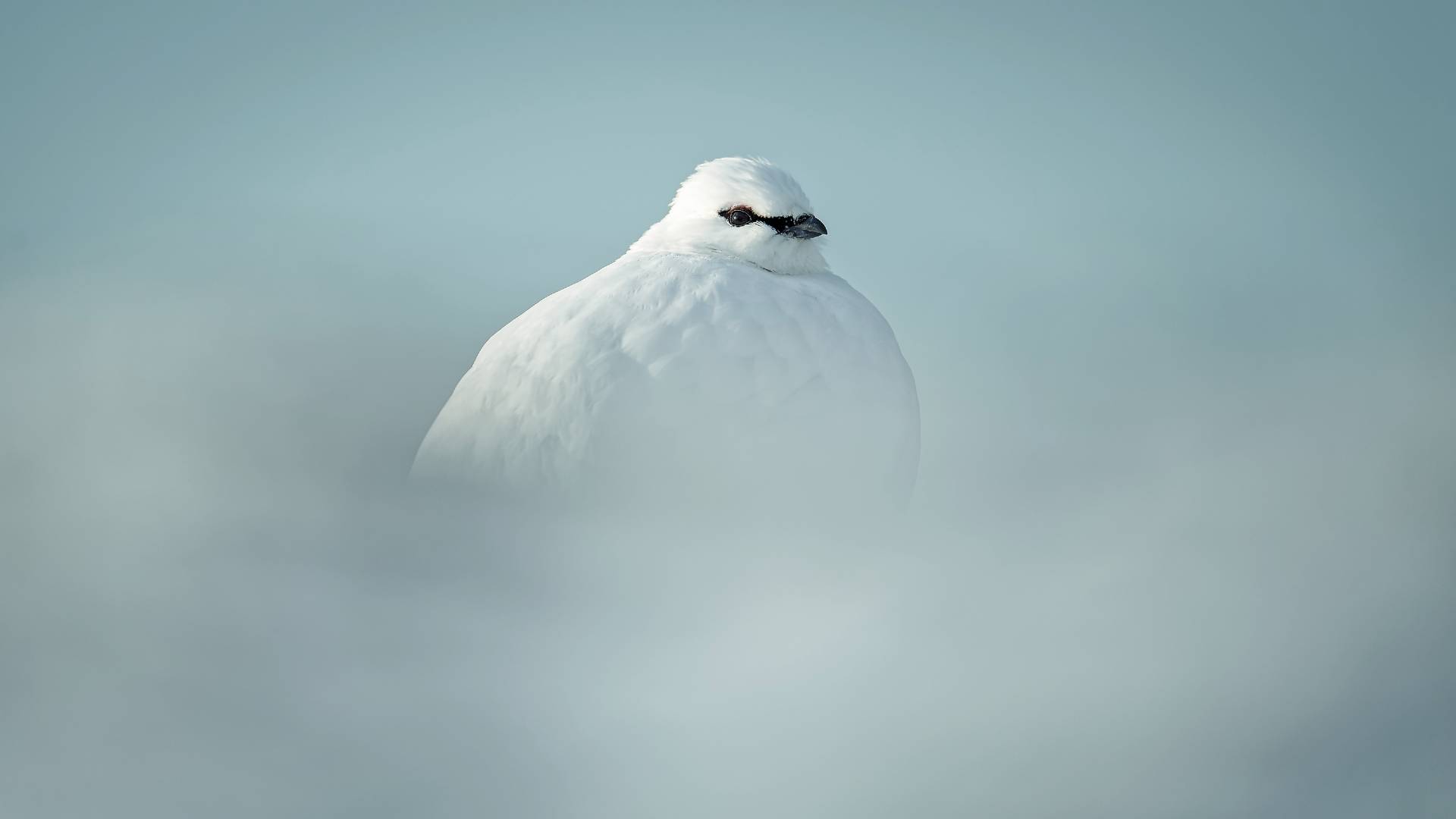
In my world of small and large beings of all colours, of cities made of trees and ice, with no shops in sight, diversity is an incredible, irreplaceable value, which is needed in a perfect ecosystem. The primacy of diversity of all living beings, of all entities that populate this wonderful planet determines the construction, with obvious laws and rules, of inimitable democracy. Our brethren live in perfect balance with the planet, with its seasons and weather, in an evolutional adaptation process that made them the best interpreters of their integration, not awfully dissociated and belligerent. It is this primordial balance that taught me how to interpret the signs of their presence as well as discover their relations with the environment, a sort of animalscape that integrates stage and interpreter, an integration interrupted by our near-sightedness. Every living being dies when denied nourishment. It is no mystery, if you know me, that my uneasy kingdom is the land of ice.
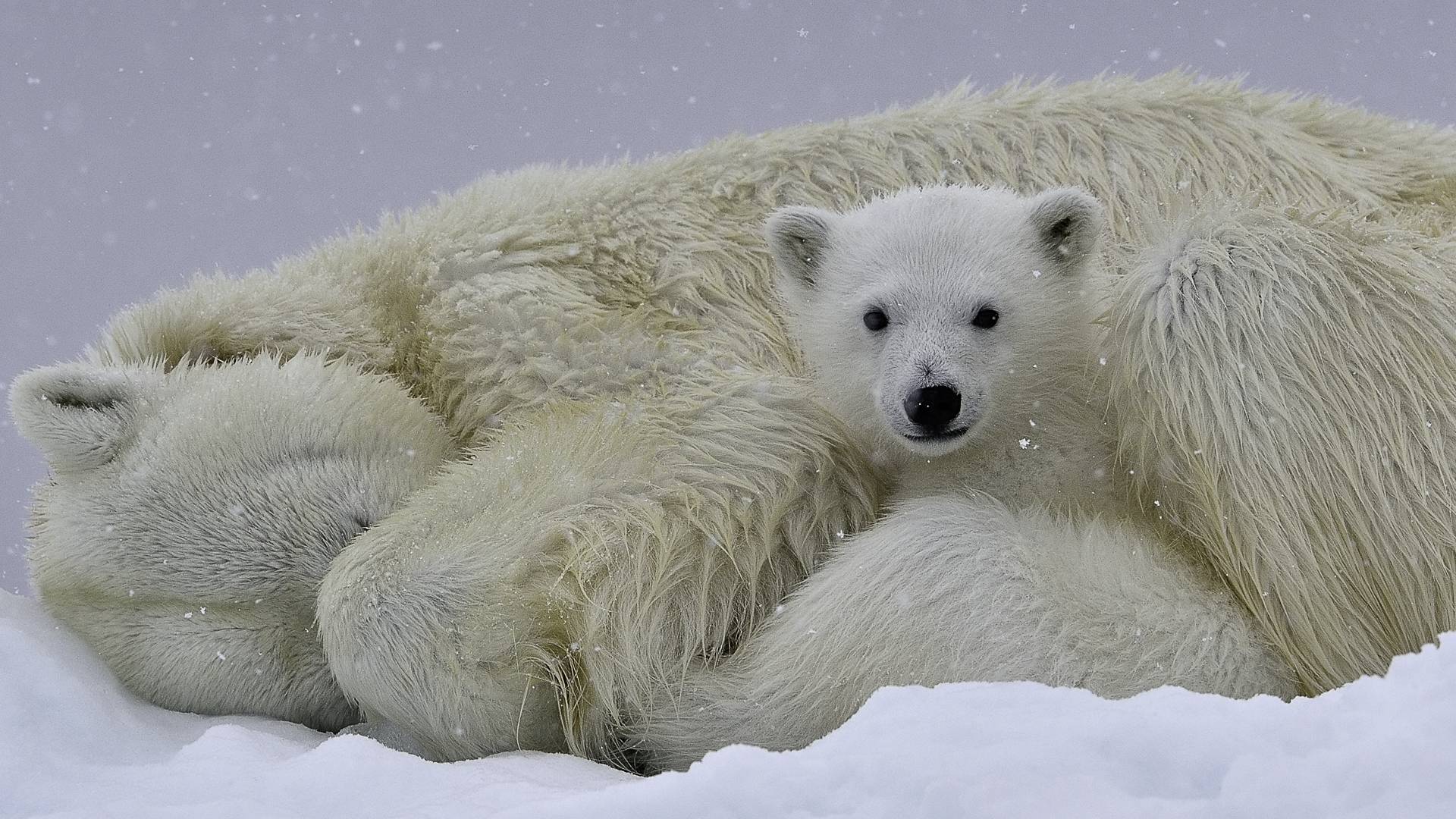
I will not abandon my world as long as none of us will be abandoned in turn. In this crystal-like, blindingly white world, live an army of white, phantom-like creatures perfectly adapted to the most unhospitable environment on the planet. Their colours allow perfect camouflage and only a few traits of Indian ink are allowed. Thick fur helps them survive minus sixty-, minus seventy-degree weather. Down south, a world of penguins – the flightless birds. Up north, a crowd of strange beings that look like coming from an obscure Tolkien novel, or a yet-unseen film by Chris Weitz. Feeble figures in the white, either furtive or quite obviously present. For a long time, I felt like a curious intruder, but today, after years of visits into these extraordinary white spaces, my polar nostalgia drives me back every time.
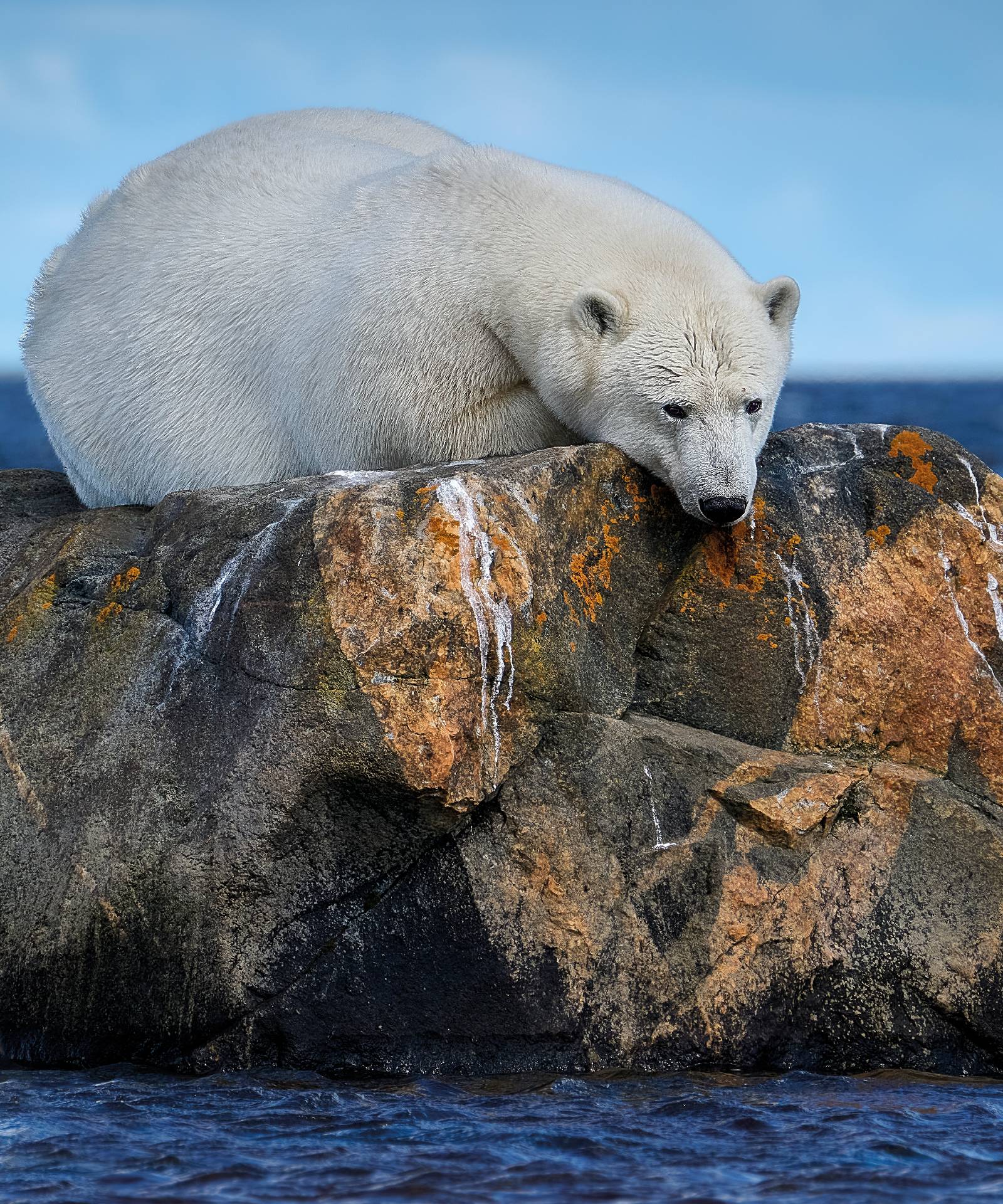
I feel myself as a part of that world, now, in harmony with my white brothers in the white. I learned to tiptoe about this world. I can see, now, and not merely look at it. I learned that standing still and observation are worth more than any picture I can take. I learned I have to be a bit like a bear, or a fox, or a wolf, and that’s the greatest gift life ever gave me. My biggest worry is, and will always be, the impossibility to properly and fully convey everything I feel. Also, the sense of impotence in regard to the world that will come. I will never regret the days I spent, and the days I will spend, into the world of ice, where not only water but time itself crystallizes and wait for a future that I can only hope is the brainchild of erroneous conjectures and predictions. I shall now stop here, in this amazing natural beauty, and hope my next picture won’t be of a polar bear wandering on a lone cliff once belonged to Ice City.